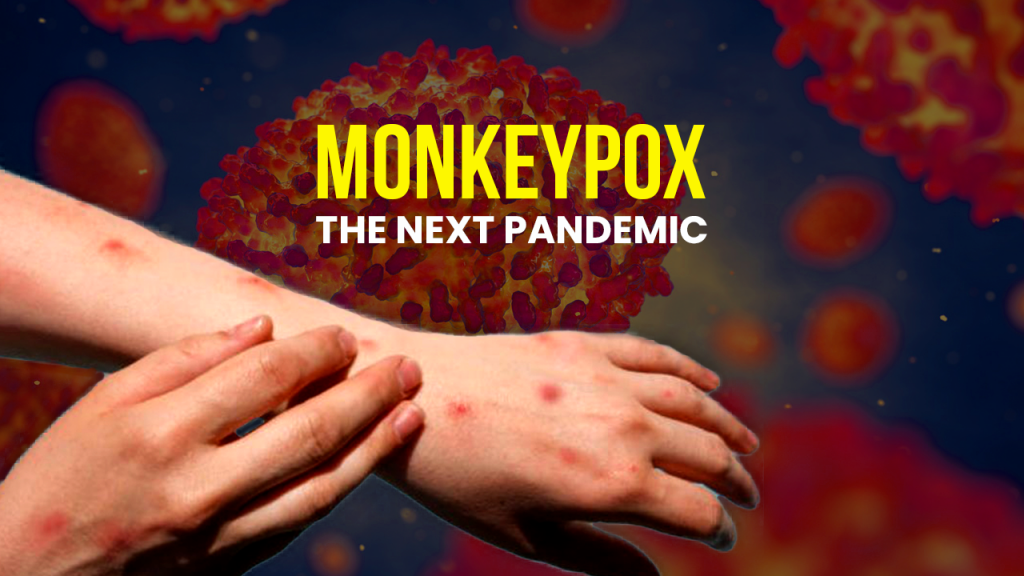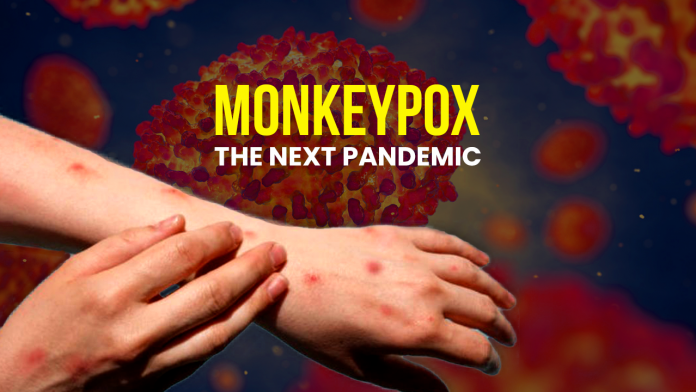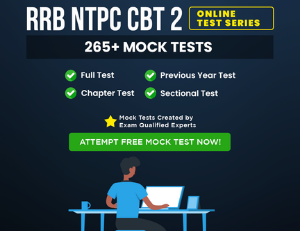Monkeypox is a viral zoonosis that appears to cause human disease similar to smallpox. Scientists discovered it in 1958, in a colony of monkeys held for research in 1958, hence its name. Later, in 1970, it was found in man. However, after decades of inactivity, why this virus has suddenly turned into a global threat.
The question is, “Is this the start of a new pandemic?” If that’s the case, how can we prevent the impending epidemic?

Table of Contents
How concerned should we be about monkeypox?
According to experts, the current monkeypox virus is not as easily transmitted as the Covid-19 virus, which caused the global COVID-19 pandemic.
As per Dr. Martin Hirsch of Massachusetts General Hospital,
“COVID is spread by the respiratory route and is highly infectious. This doesn’t appear to be the case with the monkeypox.”
Spread
The virus can enter the body through open wounds, the respiratory tract, or the eyes, nose, and mouth. Monkeypox is not a sexually transmitted infection, rather transferred through close contact with humans, infected animals, including monkeys, rats and squirrels, virus-contaminated materials such as bedding and clothing.
Easy Targets
Anyone who comes into close physical contact with someone who has monkeypox symptoms or with an infected animal is at high risk of infection. People vaccinated against smallpox, on the other hand, are likely to have some protection against monkeypox infection.
Additionally, monkey pox can cause more serious symptoms and death in newborns, children and adults with pre-existing immune deficiencies.
Symptoms
Fever, severe headaches, back pain, low energy, swollen lymph nodes, and a skin rash or lesions are all symptoms of monkeypox. The rash normally appears one to three days after the fever begins. Lesions can be flat or slightly elevated, filled with clear or yellowish fluid; which crust over, dry up, and fall off.
Consequently, the infection usually clears up on its own and lasts between 2 to 4 weeks.
Precautions and Treatment
Avoid skin-to-skin contact and wear disposable gloves if you have a direct touch with infected people. If you are a health professional or live with someone who has monkeypox, encourage them to self-isolate.
- Infection prevention can help prevent outbreaks.
- Smallpox vaccination is 85% effective in preventing monkeypox.
- Antiviral medications may also be beneficial.
Here’s some bad news that neither you nor we want to hear: Since 2017, monkeypox has been spreading. The recent outbreak of this disease has already fueled speculation about the possibility of another pandemic, but knowing the symptoms, avoiding the causes, and taking the necessary precautions will help us as humans to emerge healthy, stronger, and together.
To know more about monkeypox, click here!




